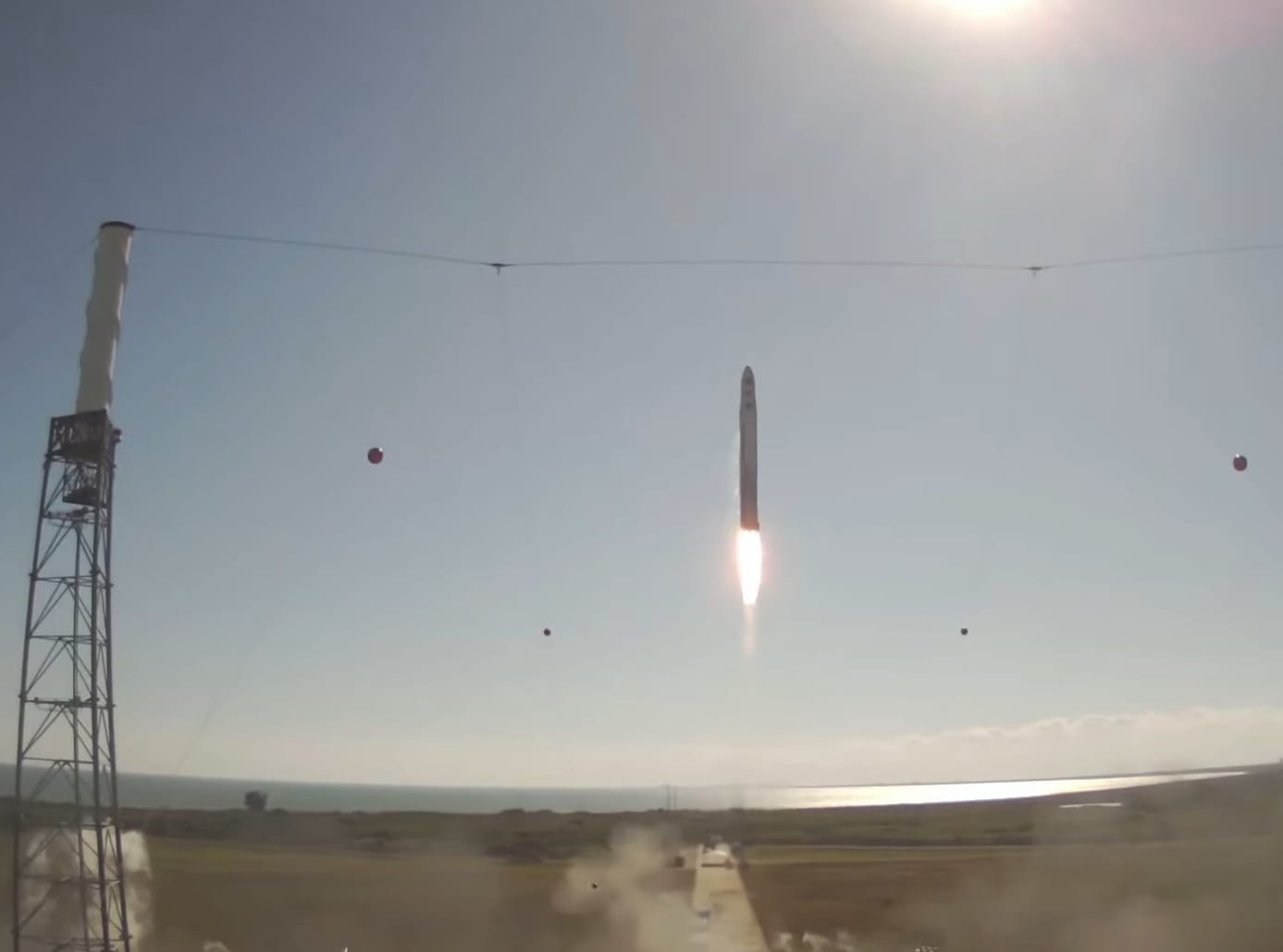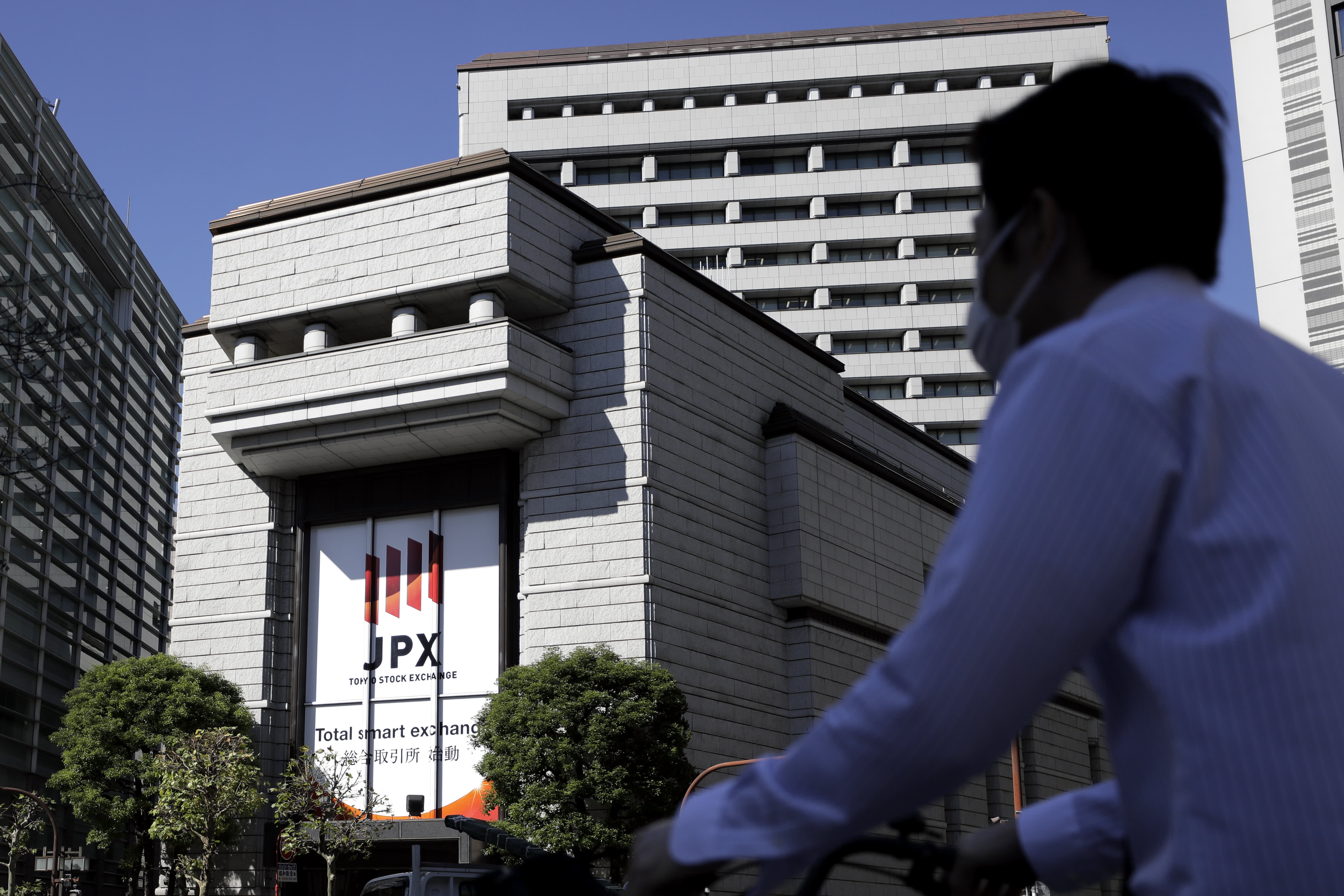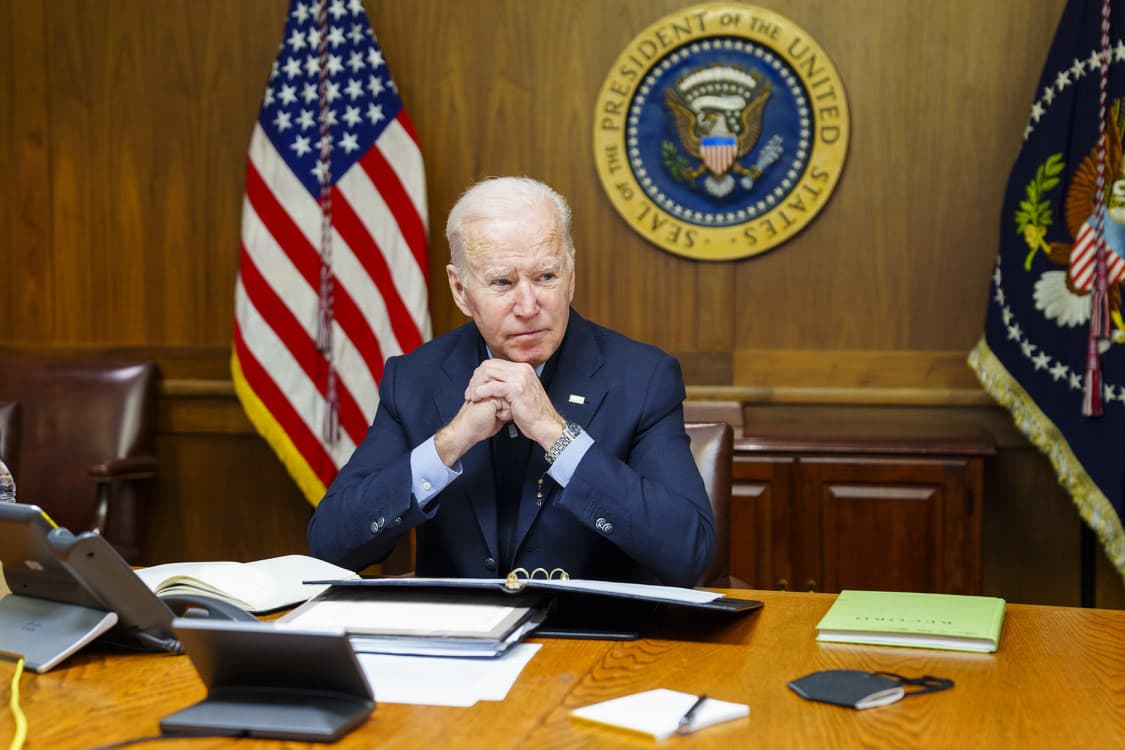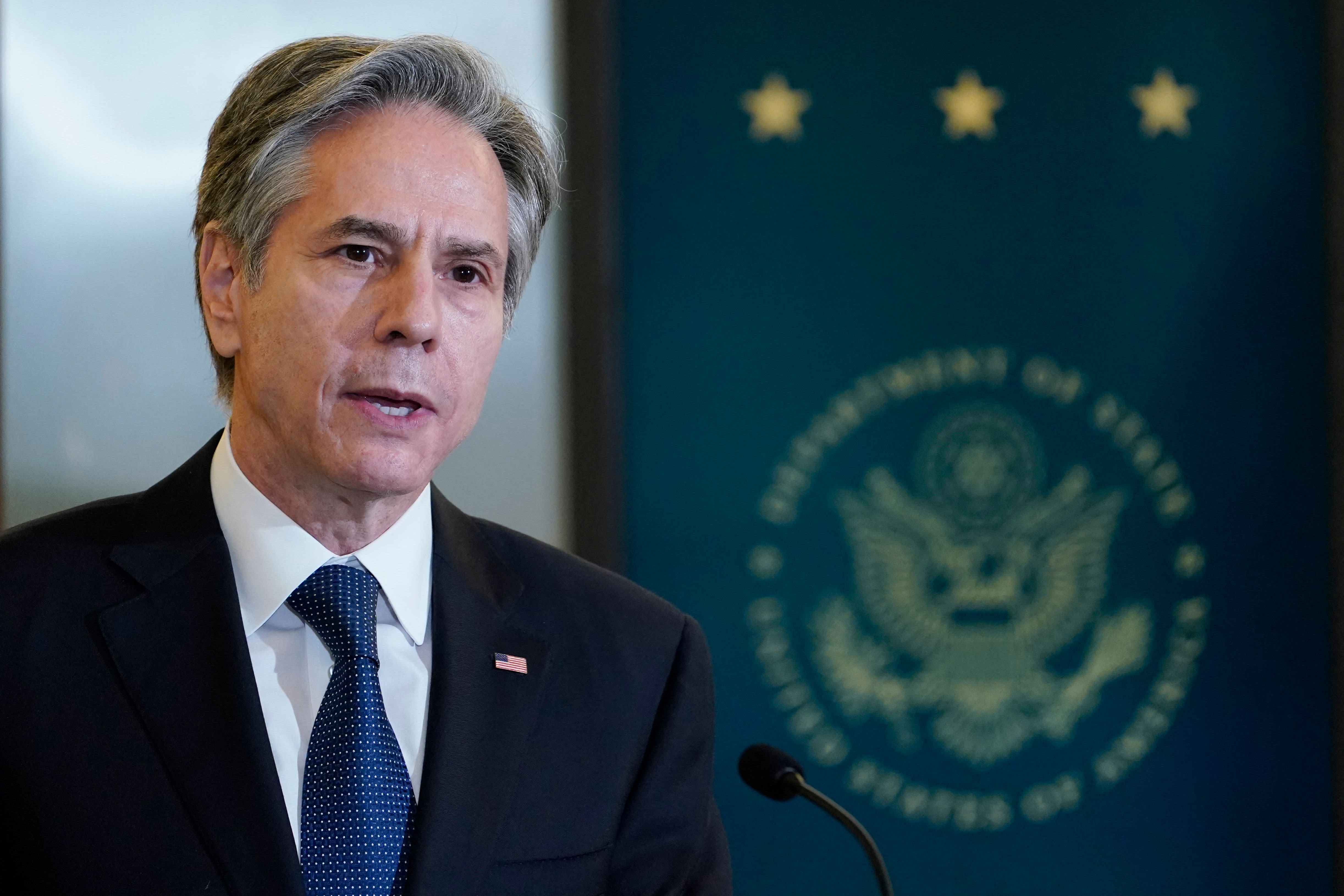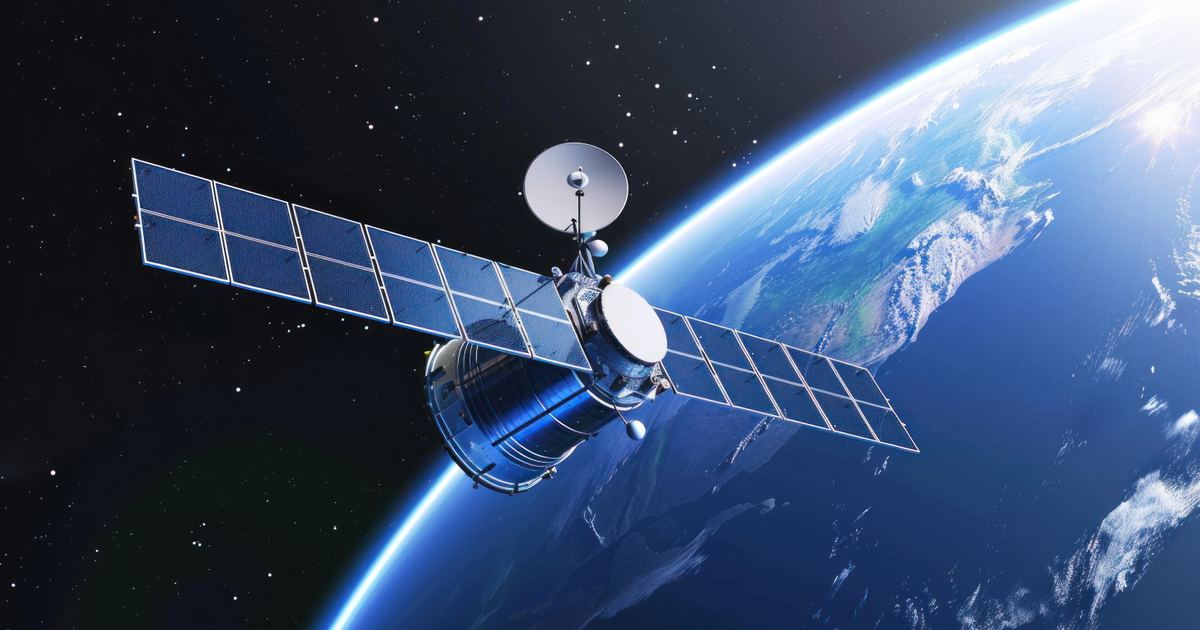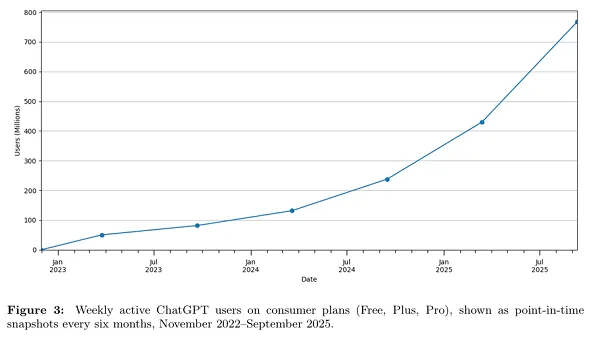China could reopen in March, but zero-Covid has shaken confidence in supply chains, economist says
In the short term, supply chains will be largely unaffected since factories are still operating, a former advisor to the People's Bank of China said.
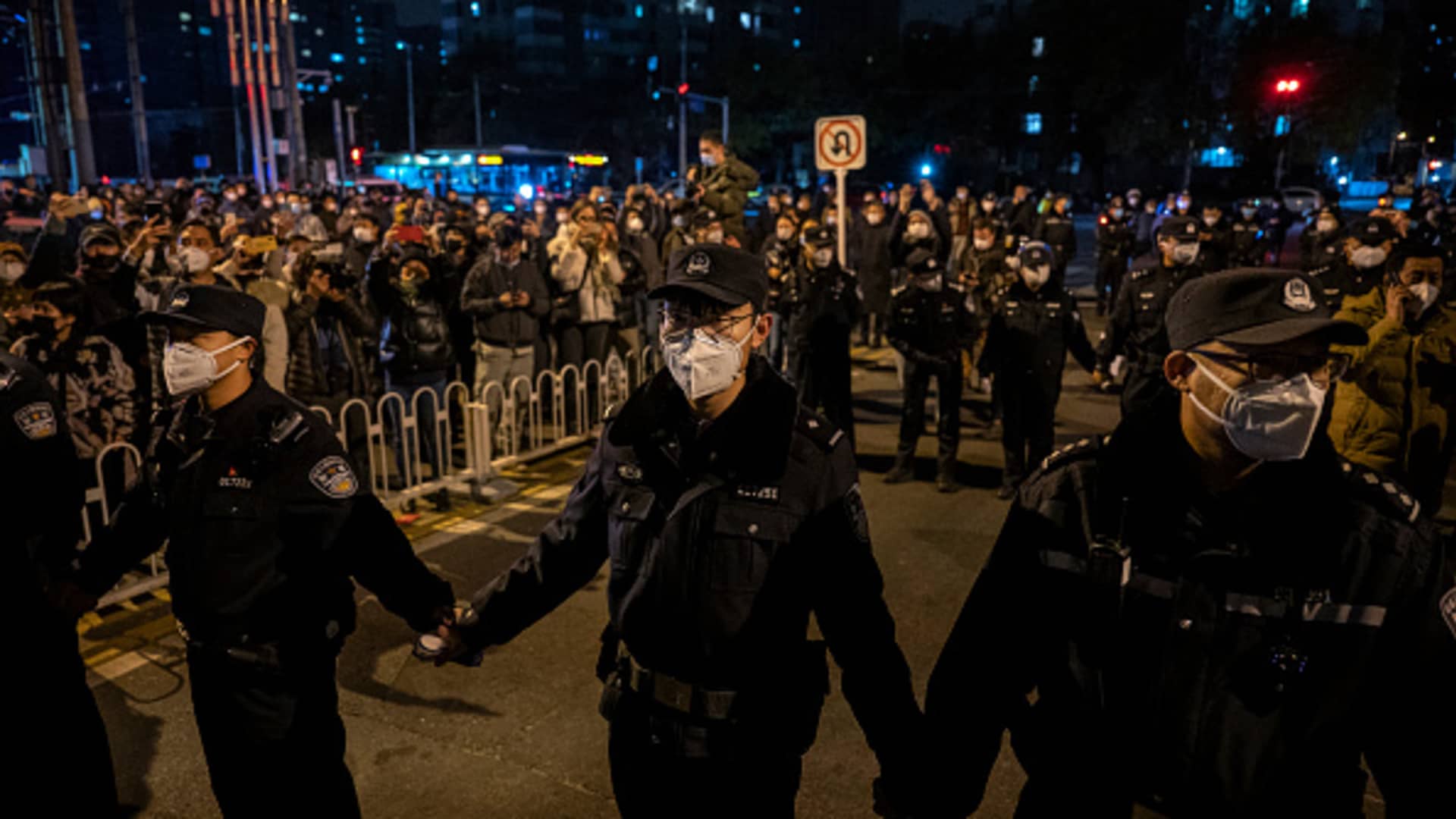
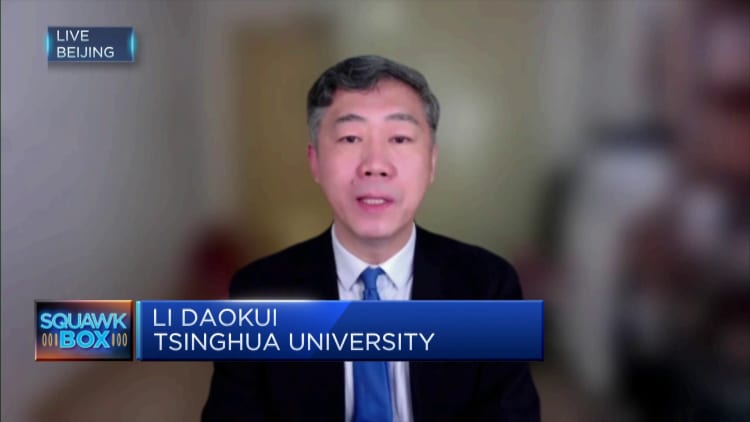
While Chinese authorities could gradually unwind restrictions in March, zero-Covid policies are starting to hurt global confidence in the country's industrial supply chains, said Li Daokui, Mansfield Freeman professor of economics at China's Tsinghua University.
In the short term, supply chains will be largely unaffected since factories are still operating even if consumption is lower due to lockdowns, Li, a former advisor to the People's Bank of China, said in an extended interview with CNBC's "Squawk Box Asia" on Wednesday.
"However, the long run impact might be already shaped, that is, the international economic community are thinking twice about the stability of supply chains in China," he said.
"People used to think that China is the most solid, the most secure, most stable supply source. Now they are thinking to rebuild their own supply backup chains in their own countries or regions. So that is the situation now."
Over the weekend, protests broke out across China in a rare display of frustration over China's zero-Covid policy and prolonged lockdowns. There were also student protests at Li's institution, Beijing's elite Tsinghua University.
The unrest came as infections surged, prompting more local Covid controls, despite a central government policy change earlier this month that had raised hopes of a gradual easing.
Rare protests broke out across China over the weekend as people vented their frustration over China's zero-Covid policy and prolonged lockdowns.
Kevin Frayer | Getty Images News | Getty Images
Nearly three years of controls have dragged down the economy with many economists forecasting under 3% GDP growth for China, well below previous years of between 6% and 8% annual growth.
The number of infections, however, started falling earlier this week while Beijing has pushed for more elderly vaccinations, which is key to reopening. Opening up is at the top of Beijing's agenda, Li said.
"Well, I do believe the authorities are thinking about this ... and my estimate is that by late March, [at] the latest, the policy will have very good substantial change ... that is to concentrate on protecting the elderly, meanwhile, opening up for the rest of the population," Li said.
While Beijing could consider importing and using Western mRNA vaccines — which have a higher efficacy rate — Li said Chinese authorities are more likely to use other controls such as ringfencing lockdowns.
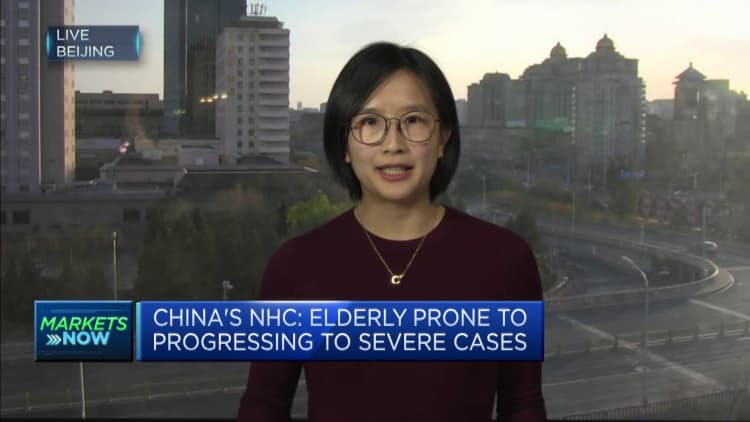
China has reached a tipping point with its Covid-zero policy and Beijing will have to change its tactics.
"People are complaining about things but the only thing on people's mind is the zero-Covid policy. And people in all walks of lives are simmering with discontent about the continuation of this policy," Li said.
"One major and philosophical reason is that the zero-Covid policy was designed to fight [the] virus, which was three years ago but now the virus has changed.
"In a war, [if] your enemy has changed, you have to change your tactics."
"So, I am optimistic that the zero-Covid policy will see a major substantial, gradual, pragmatic change. Once this changes, much of the problems you mentioned, economic problem, problems with people's emotions ... will gradually be mitigated or completely resolved."
If China relinquishes its Covid-zero policies, Li said the country should be able to get back to a "magic" growth rate of 5% to 6%, which he said is the right amount of growth given the current size of China's labor market.
Protesters hold up a white piece of paper against censorship as they march during a protest against China's COVID-zero measures on November 27, 2022 in Beijing.
Kevin Frayer | Getty Images News | Getty Images
But just opening up is not enough as Beijing will also need to deal with its beleaguered property sector and help indebted local governments refinance, Li said.
As a first step however, China can quickly jumpstart its economy through infrastructure projects and investments.
"Well, in the short run, the very short run ... the number one most important driver of stabilization of the economy is still infrastructure investment," Li said adding that there are many ready projects that are poised to launch that can offer the economy an instant boost.
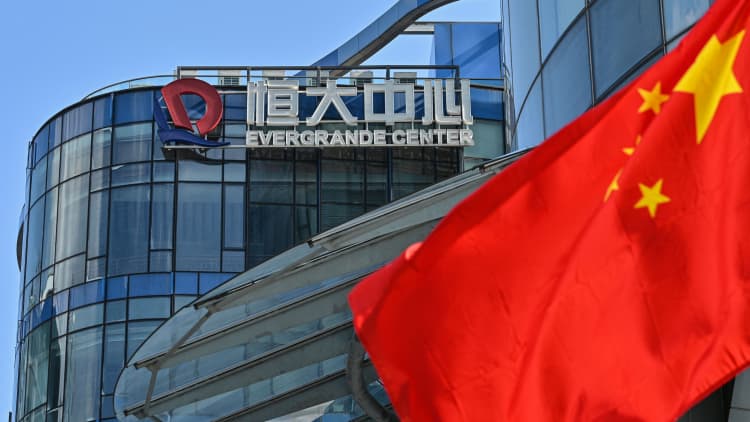

 Hollif
Hollif 







